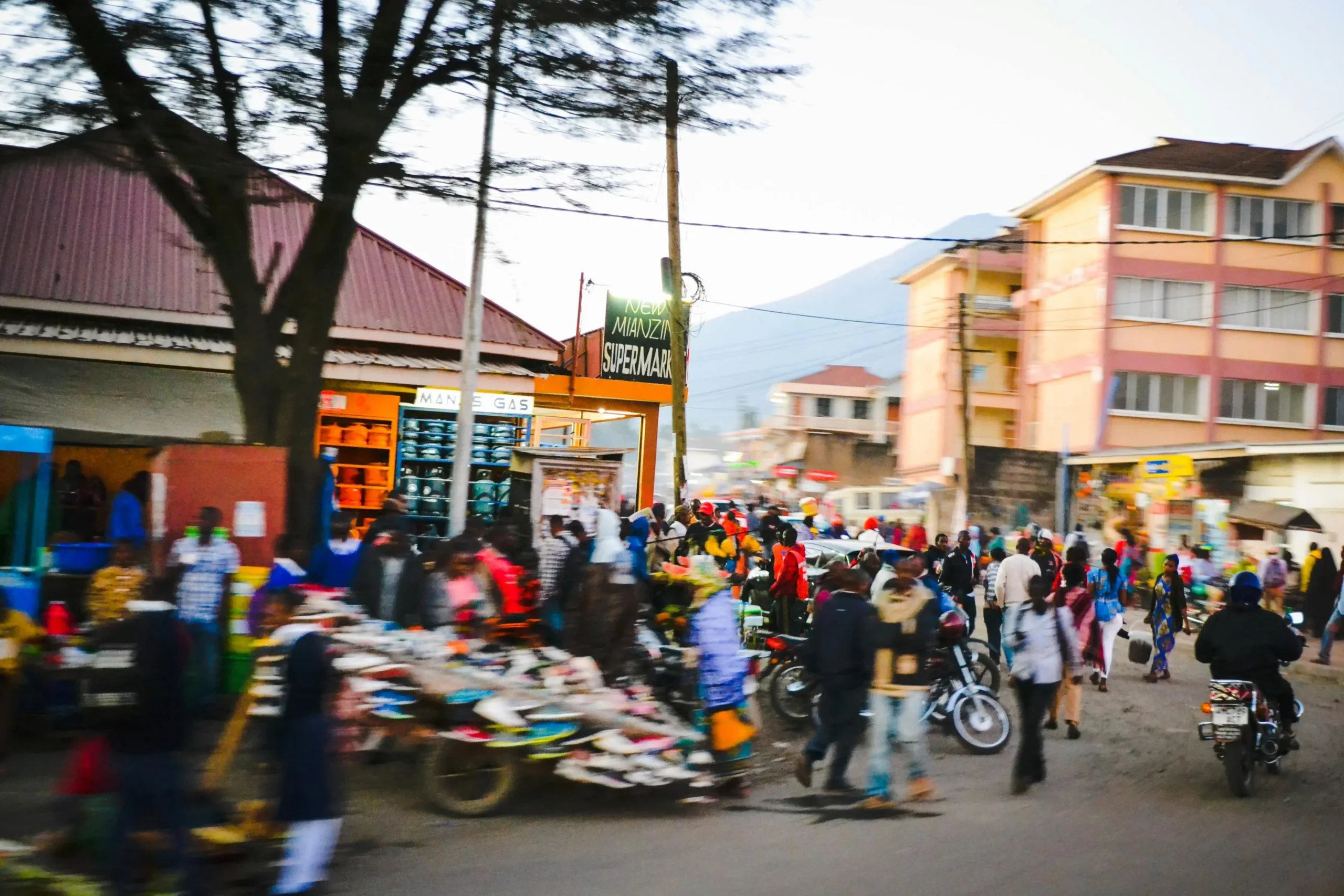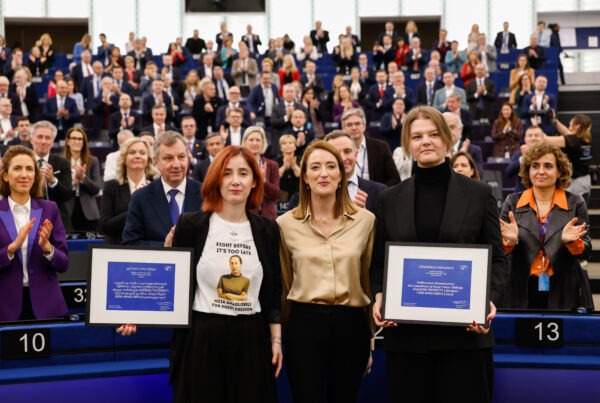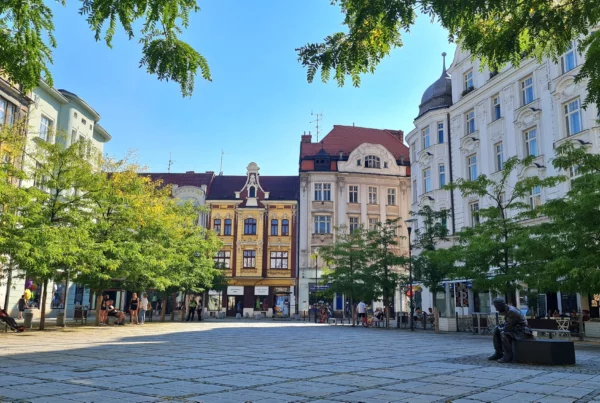New guide helps African cities unlock funding to implement their sustainable energy and climate plans
As cities across Sub-Saharan Africa face mounting climate threats, they are also increasingly expected to lead the response. Rapid urbanisation, vulnerability to extreme weather, and growing emissions underscore the urgent need for robust local climate action. Yet financing remains a critical hurdle.
To address this, a new publication supported by the Covenant of Mayors in Sub-Saharan Africa (CoM SSA) offers a practical overview of climate finance options available to local governments. It focuses on helping cities develop and implement their Sustainable Energy Access and Climate Action Plans (SEACAPs), a cornerstone of the CoM SSA initiative.
While numerous funding mechanisms and instruments exist, from global climate funds to development grants and blended finance models, many remain inaccessible to local authorities. Complex application processes, lack of technical capacity, and a mismatch between financing requirements and city realities are key barriers.
The publication identifies actionable pathways forward. Among them:
- Clearer guidance on eligibility and technical criteria for accessing major funding streams.
- Support for project preparation, including technical assistance and capacity building.
- The need for intermediary institutions, such as subnational development banks, to channel finance to the local level.
- Improved national frameworks to enable direct municipal access to funds and attract private sector investment.
- Community-based and innovative financing models, such as cooperatives, crowdfunding, and microfinance, to mobilise local capital.
The guide also encourages governments and donors to strengthen partnerships with local authorities, recognising their key role in meeting national and global climate goals.
Ultimately, the success of SEACAP implementation depends not only on access to finance but also on inclusive planning, local ownership, and sustained political will. Empowering cities with the tools and resources to act will be essential for climate resilience and sustainable development across the region.
For more information, contact:

Project Lead – Climate, Energy & Urban Development






